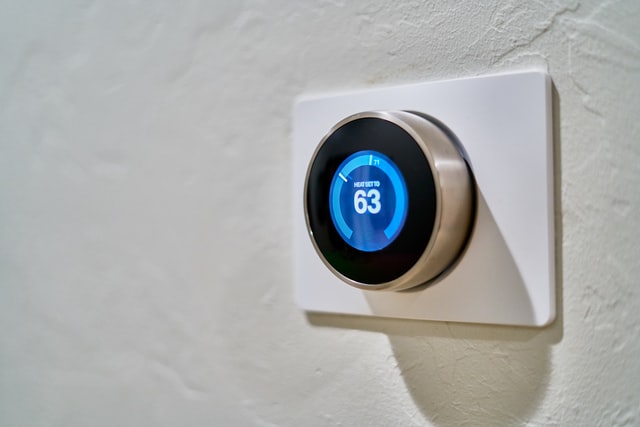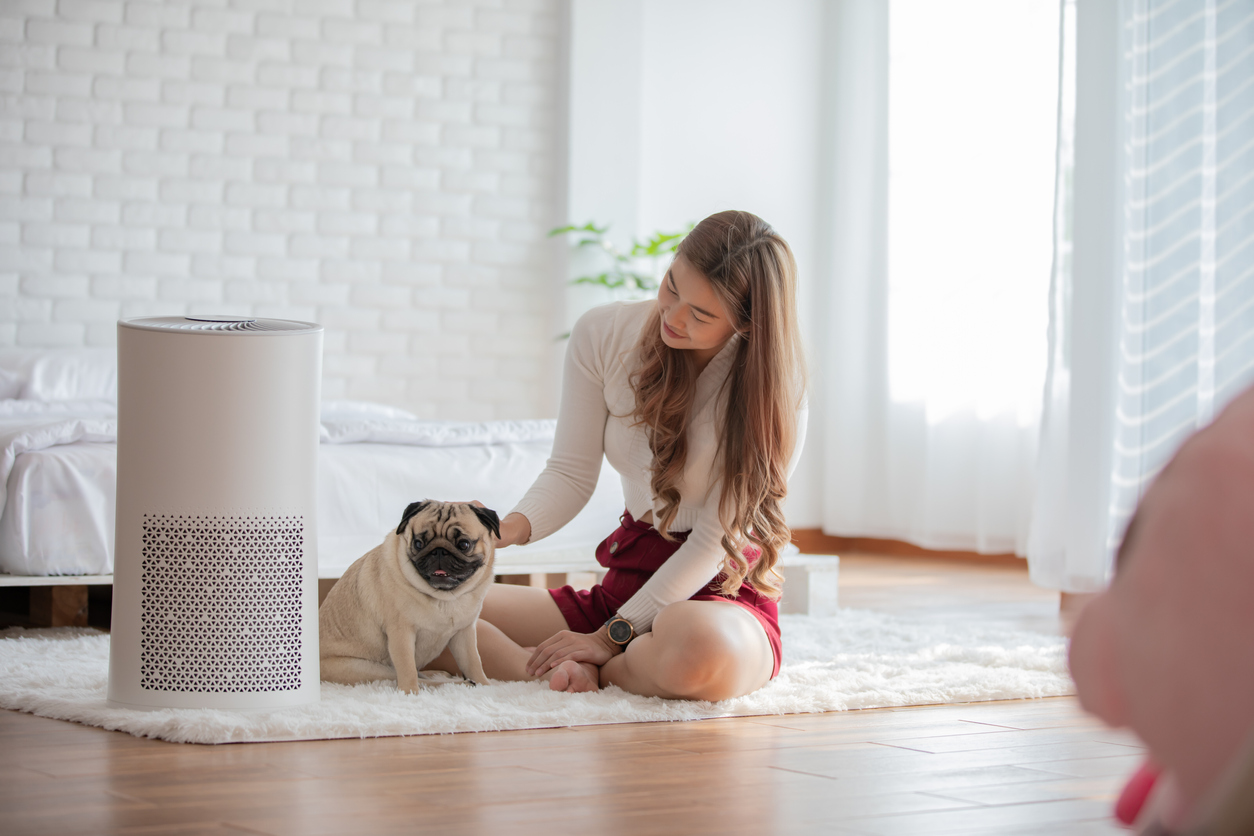As summer gets closer, the importance of your home cooling system becomes more critical. You don’t want to leave it for the last minute when temperatures are soaring, you’re baking inside your home, and your electricity bill goes up the roof because you might not be making the most out of the chilled environment in your home.
The following are easy ways to get the most out of your cooling system — whether you’re saving money, cutting down on excess use, or bulking up your air conditioning so that you’re comfortable this summer and beyond.
Inspect the unit
Head outside and have a look at your A/C system. Any debris or natural growth — leaves, branches, vines, etc. — can block air from getting in and out of the machinery, thus making it work less effectively. Animals can damage wiring, so see if there is any fraying that would explain why your device has stopped working at its full potential. Remember that AC units require maintenance as well to work efficiently and reduce electricity bills.
Change the air filters
It’s a simple step, but it’s one that many homeowners will overlook or forget because the effects aren’t visible — at least, not right away. The air filters in your cooling system keep debris and dust from getting into your air supply. Neglecting to change them means this debris and dust begin to clog your filters, thus preventing airflow through them. In doing so, you’ll ensure your machinery works more efficiently to keep you cool, help reduce your electricity bill by optimizing your AC’s functionality, and the air you breathe is also cleaner.
Check the size
Your home’s cooling system might not be the right size for the amount of square footage you have. A unit that’s too large will consume much more energy than you need, while a smaller one won’t create the climate you want.
If you’re constantly struggling to get your house at the temperature you want — or you’re dealing with high bills for reasonable amounts of A/C — hire a specialty contractor to come check to make sure you’ve got the right-sized unit.
Have a professional inspection
That same specialty contractor we just mentioned can come out to your house and inspect your HVAC unit to ensure it’s working to its full potential. Even if you’re regularly changing filters and ensuring no debris has built up around your device, there might be inefficiencies within the machine. An expert can inspect the whole thing and provide solutions to any blockages or other issues.
Keep in mind that it’s also important to know when it is best to repair your HVAC or when it’s time to replace it.
Update your thermostat
When it comes to energy efficiency, updating your thermostat is a huge step in an eco-friendly direction. A programmable device will automatically raise and lower the temperature in your home so that you’re not cooling it as much while you’re away running errands, for example. This instant adjustability will help you save up to 15 percent annually on heating and cooling since your unit will work only when you need it.
Reduce in-house sources of heat at peak times
The dryer in your laundry room uses heat as it tumbles your clothes. Although some of that heat will escape through a vent, some of it will make its way into your home and spike the temperature, even if you have the A/C on. The same goes for cooking and other activities that generate heat.
To prevent your daily to-dos from making your house hot, try to save heat-centric activities for later in the day when it’s less hot outside and inside. You could also try taking these chores outdoors, leaving your clothes in the sun to dry, or grilling dinner instead.
Invest in energy-efficient machinery
HVAC systems should be replaced every 10 to 15 years. If it’s time for a new air-conditioning unit, you’ll want to do your research and find one that’s as energy-efficient as possible. Whether the device uses electricity, gas, or oil to generate cold air, its efficiency will be the difference between a well-maintained temperature at a high or low price — the latter will maximize your home cooling system.
Seal leaks
Your windows and doors might be closed, but they might have cracks or gaps that allow air to flow in and out of your home. In summer, this can mean your cold air is leaking outside, so seal the cracks and keep it to yourself. As a bonus, this will help keep heat in during the winter, too.
Keep the sun out
Natural light is great for illuminating your home, but it’s also a significant source of heat. This summer, outfit your windows with blinds and drapes to keep things shady. As you know, it’s always colder in the shade.
For even more protection, you might consider installing awnings or exterior blinds to block the sunshine further. At night, open them up and perhaps crack some windows, too — if it’s cool enough outside, you can shut down the A/C for a night of perfectly chilled outside air.
Get a fan
Fans consume less energy than HVAC systems; if it’s not too hot outside, you can open the windows, let some fresh air in and keep it cool with a fan.
Fans consume 90% less energy than central air conditioning units. The planet and your wallet will thank you for making the switch. You can also find fans with humidifiers if you live in dry areas and prefer a bit of humidity in the air.
Check the ducts
Finally, you might find that the ducts that carry cool air into your home have leakages. These holes or gaps will force your A/C unit to work harder than it should to chill your home because some of the air is escaping from the ducts. A quick visual inspection can reveal any holes that you can easily plug. The connections between ducts might be loose, which lets air out, too, so push them back together to tighten them if possible.
Don’t forget the protection
Acting on these tips can significantly improve your cooling systems’ functionality and reduce your electricity bill. When summer gets here, and you’re enjoying the cool weather inside your home, you’ll feel happy that you got everything ready to enjoy the season.




